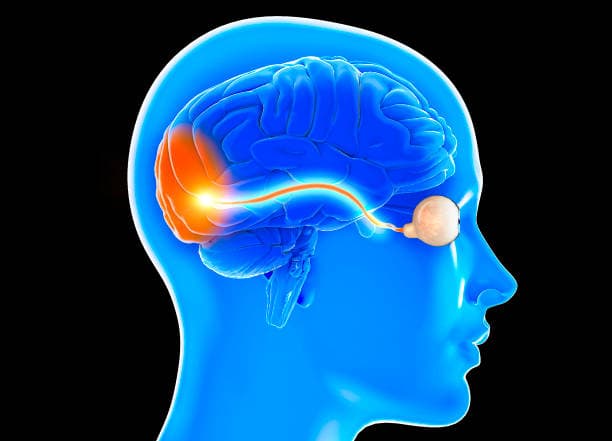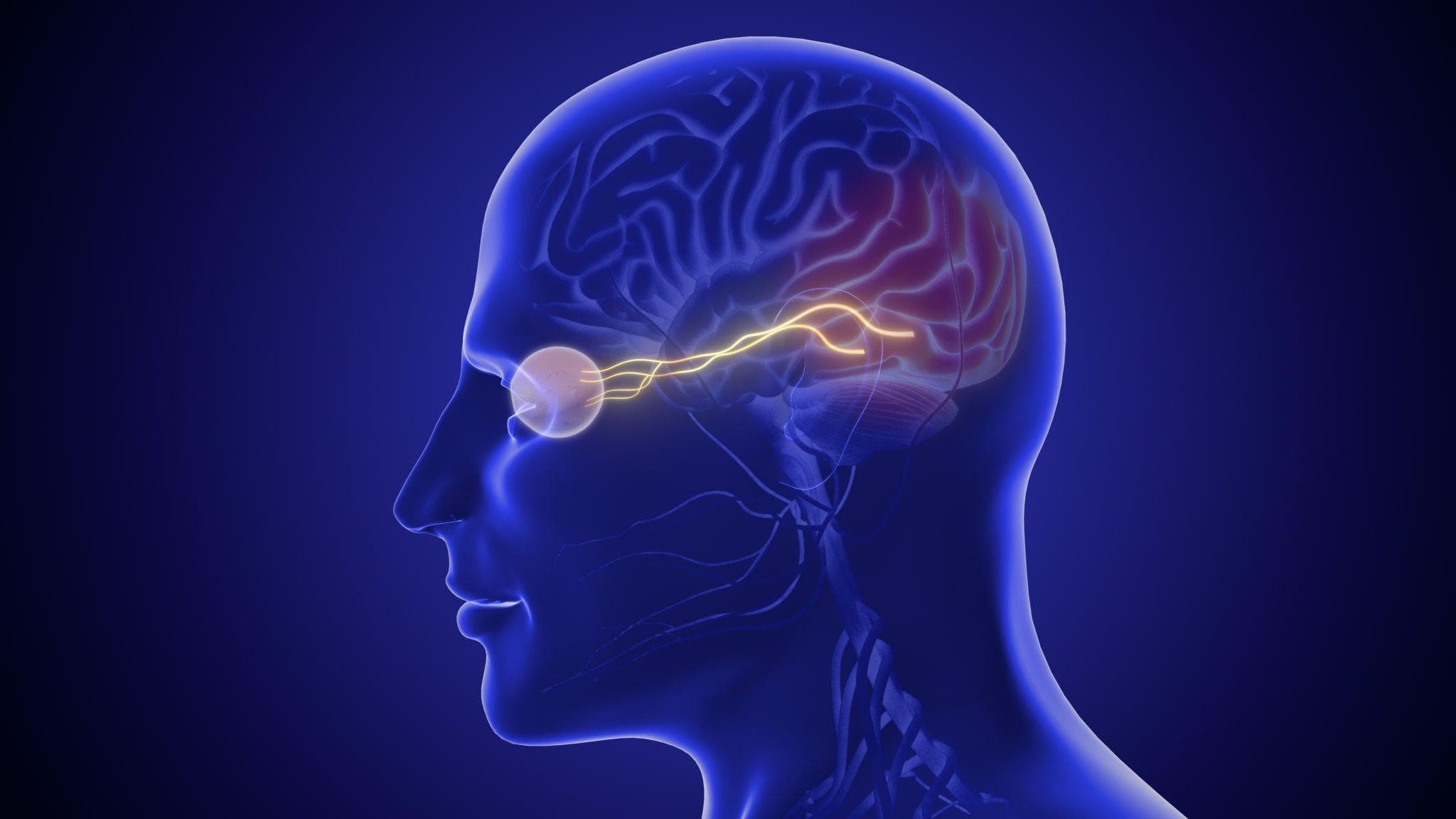Neuro-ophthalmology is a specialized branch of medicine that bridges the gap between neurology and ophthalmology, focusing on the complex relationship between the nervous system and vision. This field deals with the diagnosis and treatment of visual problems that are related to neurological disorders, encompassing a wide range of conditions that affect the optic nerve, eye movements, and visual processing pathways in the brain.
What is Neuro-ophthalmology?
Neuro-ophthalmology is a specialized field of medicine that intersects the disciplines of neurology and ophthalmology, focusing on the intricate relationship between the nervous system and vision. This unique branch deals with the diagnosis and management of visual disorders that are related to neurological conditions, encompassing a wide range of ailments affecting the optic nerve, eye movements, and the visual processing pathways in the brain. Neuro-ophthalmologists are highly trained specialists equipped to handle complex cases where traditional ophthalmological treatments may not suffice. They address conditions such as optic neuropathies, which include diseases like optic neuritis and ischemic optic neuropathy that involve damage to the optic nerve, resulting in vision loss.
Moreover, neuro-ophthalmology covers disorders of eye movement, such as strabismus, where the eyes are misaligned, and nystagmus, characterized by involuntary eye movements. These conditions can arise from various neurological issues, including stroke, multiple sclerosis, or brain tumors. Another critical aspect of this field is the evaluation and treatment of visual field defects, double vision, and visual disturbances caused by migraines or other neurological diseases. Neuro-ophthalmologists often employ advanced diagnostic techniques, such as visual field testing, optical coherence tomography (OCT), and neuroimaging, to accurately diagnose and manage these conditions.
The interdisciplinary nature of neuro-ophthalmology necessitates collaboration with other medical specialists, including neurologists, neurosurgeons, and radiologists, to provide comprehensive care for patients. The ultimate goal of neuro-ophthalmology is to preserve and restore vision while addressing the underlying neurological causes of visual disturbances. By combining expertise from both neurology and ophthalmology, neuro-ophthalmologists play a crucial role in improving patient outcomes and enhancing quality of life for those affected by complex visual and neurological disorders.
Who needs Neuro-ophthalmology?
Neuro-ophthalmology is a specialized field designed to diagnose and manage visual problems related to the nervous system, making it essential for individuals experiencing vision issues that stem from neurological conditions. Patients who need neuro-ophthalmology typically include those with optic neuropathies, which are disorders affecting the optic nerve. These conditions can result from various causes, such as optic neuritis, ischemic optic neuropathy, or compressive optic neuropathy, and may lead to significant vision loss if not properly addressed. Individuals with disorders of eye movement, such as strabismus (misalignment of the eyes) and nystagmus (involuntary eye movements), also benefit from neuro-ophthalmological care. These conditions often arise from underlying neurological issues, including stroke, multiple sclerosis, or brain tumors, which require the expertise of a neuro-ophthalmologist to manage effectively.
Patients with visual field defects, where parts of their vision are missing or impaired, often seek neuro-ophthalmology services. These defects can result from various neurological conditions, including brain injuries, tumors, or vascular disorders. Neuro-ophthalmologists are skilled in identifying the root cause of these defects and developing appropriate treatment plans. Additionally, individuals experiencing double vision, visual disturbances related to migraines, or unexplained visual symptoms that do not fit typical ophthalmological patterns may require a neuro-ophthalmological evaluation. This interdisciplinary approach ensures that both the visual and neurological aspects of their condition are addressed comprehensively.
Furthermore, patients with systemic diseases that have neurological and visual manifestations, such as multiple sclerosis or diabetes, may need neuro-ophthalmology consultations to manage complications affecting their vision. Regular follow-up with a neuro-ophthalmologist is crucial for monitoring the progression of these conditions and adjusting treatment plans as necessary. By combining expertise in both neurology and ophthalmology, neuro-ophthalmologists play a vital role in diagnosing and managing complex visual disorders, ultimately helping patients maintain their vision and overall quality of life.

Conditions treated by Neuro-ophthalmology
Neuro-ophthalmology is a specialized field of medicine that addresses the intricate relationship between the nervous system and vision. It encompasses the diagnosis and management of a wide range of conditions that affect the optic nerve, eye movements, and visual processing pathways in the brain.
Among the many conditions treated by neuro-ophthalmologists, double vision (diplopia) is a common issue that arises from the misalignment of the eyes due to various neurological causes such as cranial nerve palsies. This condition can result from stroke, multiple sclerosis, or other neurological disorders and can significantly impact a patient's quality of life.
Eyelid abnormalities, including ptosis (drooping eyelids) and blepharospasm (involuntary eyelid twitching), are also managed within this field, as they often have neurological underpinnings that require specialized care.
Microvascular cranial nerve palsy, commonly seen in patients with diabetes or hypertension, affects the nerves controlling eye movement, leading to symptoms like double vision and eye misalignment. This condition results from small blood vessel damage that impairs the function of the cranial nerves.
Myasthenia gravis, an autoimmune disorder that disrupts communication between nerves and muscles, can cause fluctuating muscle weakness, particularly in the muscles that control eye movements and the eyelids. Patients with myasthenia gravis may present with ptosis and diplopia, requiring careful management to improve their visual function.
Optic nerve disorders are a significant focus within neuro-ophthalmology, including conditions such as optic neuritis, ischemic optic neuropathy, and compressive optic neuropathy. Optic neuritis involves inflammation of the optic nerve and is often associated with multiple sclerosis. Ischemic optic neuropathy results from insufficient blood flow to the optic nerve, leading to sudden vision loss, while compressive optic neuropathy occurs when a mass or lesion exerts pressure on the optic nerve, impairing its function.
Pseudotumor cerebri, or idiopathic intracranial hypertension, is another condition treated by neuro-ophthalmologists. This disorder is characterized by increased intracranial pressure without an apparent cause, leading to symptoms such as headaches, papilledema (swelling of the optic nerve head), and vision changes. Prompt diagnosis and treatment are crucial to prevent permanent vision loss.
Strabismus, the misalignment of the eyes, can occur due to neurological disorders and requires specialized evaluation and management to prevent long-term visual issues. Neuro-ophthalmologists are also adept at treating thyroid eye disease, which is commonly associated with thyroid disorders like Graves' disease. This condition causes inflammation and swelling of the eye muscles and tissues, leading to symptoms such as bulging eyes (proptosis), double vision, and vision loss if left untreated.
Neuro-ophthalmology recovery
Recovery in neuro-ophthalmology involves a multifaceted approach, as it addresses visual disorders that are closely tied to neurological conditions. The specific recovery process depends on the underlying condition being treated, the type of intervention performed, and the individual patient's health status. For instance, patients recovering from optic neuritis, which often accompanies multiple sclerosis, may require a combination of corticosteroids to reduce inflammation and disease-modifying therapies to manage the underlying neurological condition. Recovery can span weeks to months, with close monitoring by both neuro-ophthalmologists and neurologists to ensure optimal visual and neurological outcomes.
Patients who undergo surgical interventions, such as those for eyelid abnormalities or strabismus, will follow post-operative care protocols to promote healing and restore function. This may include the use of prescribed medications, eye patches, or specific positioning to aid in recovery. Regular follow-up appointments are essential to monitor healing, detect any complications early, and adjust treatment plans as needed.
In cases of myasthenia gravis, where muscle weakness affects eye movements and eyelids, patients may undergo treatment with medications such as acetylcholinesterase inhibitors and immunosuppressants. The recovery process involves managing the autoimmune aspect of the condition while addressing the visual symptoms. Similarly, individuals with thyroid eye disease may receive a combination of medical therapies and possibly surgical interventions to alleviate symptoms and restore visual function.
For conditions like pseudotumor cerebri, managing intracranial pressure through medications, weight management, or surgical procedures is crucial. Regular monitoring of visual function and adjustments to treatment plans are necessary to prevent vision loss and ensure recovery.

Conclusion
In conclusion, neuro-ophthalmology is a vital field that addresses a diverse range of conditions that affect vision due to neurological causes. From double vision and eyelid abnormalities to complex disorders such as microvascular cranial nerve palsy, myasthenia gravis, optic nerve disorders, pseudotumor cerebri, strabismus, and thyroid eye disease, neuro-ophthalmologists play a crucial role in diagnosing and managing these conditions. Their expertise lies in understanding the intricate relationship between the nervous system and visual pathways, allowing them to provide comprehensive care that encompasses both neurological and ophthalmological aspects. By utilizing advanced diagnostic techniques and collaborating with other medical specialists, neuro-ophthalmologists strive to preserve and improve vision, ultimately enhancing the quality of life for their patients. Regular eye examinations and early intervention are essential in managing these conditions effectively, underscoring the importance of this specialized field in modern medicine.
Read More